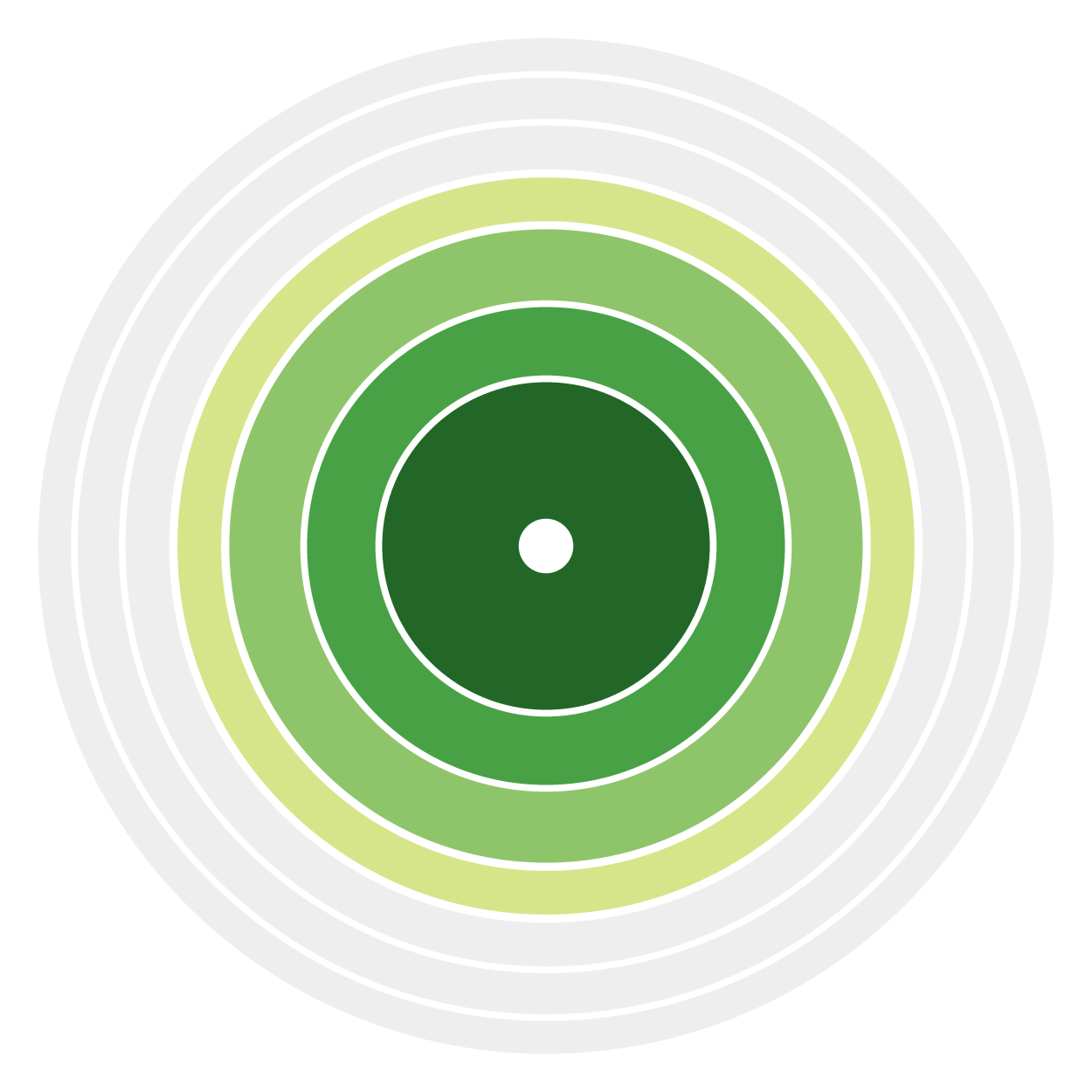Japanese vocabulary in the Routledge 5000 frequency list
Routlege 5000 Vocab 1201-1300
QUICK STUDY
FLASHCARDS
DOWNLOAD
noun
1. accident; incident; trouble2. circumstances; reasons
(click the word to view an additional 1 reading, examples and links)
Most common form: 叩く
'ku' godan verb, transitive verb
1. to strike; to clap; to knock; to beat; to tap; to pat2. to play drums
(click the word to view an additional 4 meanings and 2 forms, examples and links)
noun
1. they (of people); gentlemen (of the ...) (honorific)2. you (usu. plural) (honorific)
(click the word to view an additional 1 meaning and 2 forms, examples and links)
Most common form: いる
'ru' godan verb, intransitive verb
to need; to want (often written with kana only)(click the word for examples and links)
2. to die; to rest (in peace); to lie (buried); to sleep (in the grave)
(click the word to view an additional 1 reading, 2 meanings and 2 forms, examples and links)
Most common form: 硬い
2. stiff; tight; wooden; unpolished (e.g. writing)
(click the word to view an additional 4 meanings and 5 forms, examples and links)
adverbial noun (fukushitekimeishi), noun (temporal) (jisoumeishi), 'no' adjective
postwar period; period after Second World War(click the word for examples and links)
ichidan verb, intransitive verb
1. to be open (to traffic); to lead to; to communicate (with)2. to flow (liquid, current); to pass; to get through to
(click the word to view an additional 6 meanings, examples and links)
'su' godan verb, transitive verb
1. to move; to shift; to stir; to budge; to change position2. to inspire; to rouse; to move (e.g. feeling); to influence
(click the word to view an additional 4 meanings, examples and links)
ichidan verb, transitive verb
1. to avoid (physical contact with) (this meaning is restricted to reading よける)2. to avoid (situation) (this meaning is restricted to reading さける)
(click the word to view an additional 1 reading, 1 meaning and 3 forms, examples and links)
Most common form: おすすめ
noun, 'suru' verb
recommendation; advice; suggestion; encouragement (see also: 勧め; often written with kana only)(click the word to view an additional 8 forms, examples and links)
Most common form: 捉える
ichidan verb, transitive verb
1. to seize; to capture; to arrest2. to grasp; to perceive; to treat (as)
(click the word to view an additional 3 forms, examples and links)
adverbial noun (fukushitekimeishi), noun (temporal) (jisoumeishi)
last year(click the word for examples and links)
noun, 'suru' verb, 'no' adjective
decrease; reduction; decline (opposite: 増加)(click the word for examples and links)
'u' godan verb, transitive verb
1. to wash2. to investigate
(click the word for useful expressions, examples and links)
1. unusual; rare; curious
2. new; novel
(click the word to view an additional 1 meaning and 2 forms, examples and links)
ichidan verb, transitive verb
1. to ask; to enquire; to inquire2. to search; to look for; to look into; to investigate
(click the word to view an additional 2 forms, examples and links)
noun, 'suru' verb
single word; a few words; brief comment(click the word to view an additional 2 readings and 2 forms, examples and links)
expression, noun
boy; male child; baby boy(click the word to view an additional 5 forms, examples and links)
noun, 'no' adjective
system; institution; organization; organisation(click the word for examples and links)
noun, 'no' adjective
shopping; purchased goods(click the word to view an additional 3 forms, examples and links)
2. entrance; introduction (into a market)
(click the word for examples and links)
'u' godan verb, transitive verb
to take lessons in; to be taught; to learn (from a teacher); to study (under a teacher); to get training in(click the word for examples and links)
Most common form: ひととき
noun (temporal) (jisoumeishi), adverbial noun (fukushitekimeishi)
1. moment; a (short) time; a while (often written with kana only)2. former times (often written with kana only; this meaning is restricted to reading ひととき)
(click the word to view an additional 1 reading, 1 meaning and 3 forms, examples and links)
noun
1. case (e.g. receptacle, condition, event, legal action, letter style, etc.)2. Computer-Aided Software Engineering; CASE (computer terminology)
(click the word to view an additional 1 form, examples and links)
adverbial noun (fukushitekimeishi), noun (temporal) (jisoumeishi)
every day; daily; day after day; days (e.g. good old days)(click the word to view an additional 1 reading and 2 forms, examples and links)
noun, 'suru' verb
magnification; enlargement; expansion; amplification(click the word for examples and links)
noun
1. level; standard; amount; degree; gradation; grade; rank; class; floor; storey (story); layer; stratum2. spirit level; (surveyor's) level
(click the word to view an additional 3 meanings and 1 form, examples and links)
noun, 'no' adjective
present condition; existing state; status quo; current state(click the word for examples and links)
noun
Germany (often written with kana only; originally from Dutch 'Duits')(click the word to view an additional 2 forms, examples and links)
ichidan verb, transitive verb
1. to pick up; to take up2. to adopt; to feature; to accept; to listen to
(click the word to view an additional 2 meanings and 4 forms, examples and links)
noun
1. flesh2. meat
(click the word to view an additional 1 reading, 3 meanings and 2 forms, examples and links)
noun
finger; toe; digit(click the word to view an additional 2 readings, useful expressions, examples and links)
noun, noun (suffix)
1. earth; ground; land; soil2. place
(click the word to view an additional 3 meanings, examples and links)
noun, 'no' adjective
countrywide; nationwide; whole country; national(click the word for examples and links)
noun
answer; reply; response; solution(click the word to view an additional 1 reading and 4 forms, examples and links)
noun, noun (suffix)
1. difference; variationnoun
2. difference (mathematics)(click the word for examples and links)
noun, 'no' adjective, noun (suffix)
1. all; everything; the whole; lock, stock, and barreladverbial noun (fukushitekimeishi)
2. absolutely not (with negative); without exception; entirely not(click the word for examples and links)
2. to live; to make a living; to survive
(click the word to view an additional 7 meanings and 3 forms, useful expressions, examples and links)
noun
1. sentence; article; composition (linguistics terminology)2. (writing) style
(click the word for examples and links)
noun
1. background; scenery; backdrop; setting; circumstance; context2. backing; support (from behind the scenes)
(click the word for examples and links)
noun
circumstances; consideration; conditions; situation; reasons; state of affairs(click the word for examples and links)
noun
member; participant; attendee; lineup (sport)(click the word to view an additional 1 form, examples and links)
noun, 'no' adjective
1. district; region; area; locality2. the country; countryside; the provinces; rural area (opposite: 中央)
(click the word for examples and links)
1. abundant; wealthy; plentiful; rich; affluent
(click the word for examples and links)
ichidan verb, transitive verb
1. to save; to rescue2. to help; to assist
(click the word to view an additional 2 meanings and 7 forms, examples and links)
'ru' godan verb, intransitive verb
1. to be packed (with); to be full (space, schedule, etc.)2. to be blocked (road, pipe, etc.); to be clogged; to be plugged up (see also: 鼻が詰まる)
(click the word to view an additional 5 meanings, examples and links)
noun
piece; fragment; one (object)(click the word to view an additional 5 forms, examples and links)
noun
1. Osaka (this meaning is restricted to reading おおさか)2. large hill (archaic)
(click the word to view an additional 1 reading and 1 form, examples and links)
Most common form: 果す
'su' godan verb, transitive verb
1. to accomplish; to achieve; to carry out; to fulfill; to fulfil; to realize; to execute; to perform; to do(click the word to view an additional 2 forms, examples and links)
ichidan verb, transitive verb
1. to support; to prop; to sustain; to underlay; to hold up2. to hold at bay; to stem; to check
(click the word for examples and links)
ichidan verb, transitive verb
1. to hold or carry under or in the arms2. to have (esp. problems, debts, etc.)
(click the word to view an additional 1 meaning, examples and links)
Most common form: おう
'u' godan verb, transitive verb
1. to chase; to run after; to pursue2. to follow (i.e. a set order, a trend)
(click the word to view an additional 3 meanings and 2 forms, useful expressions, examples and links)
Most common form: 何何
pronoun, 'no' adjective
1. such and such (when being vague, placeholder, etc.); this and thatinterjection (kandoushi)
2. What?; What is the matter?; What are the items?(click the word to view an additional 2 forms, examples and links)
noun, 'suru' verb
1. calculation; reckoning; count2. forecast
(click the word for examples and links)
noun
1. pain; ache; soreness; grief; distress (esp. 痛み)2. damage; injury; wear; bruise; break (esp. 傷み)
(click the word to view an additional 2 forms, examples and links)
'su' godan verb, transitive verb
1. to return (something); to restore; to put back (see also: 帰す:かえす; esp. 返す)2. to turn over; to turn upside down; to overturn
(click the word to view an additional 2 meanings and 2 forms, useful expressions, examples and links)
noun
1. garden; yard; courtyard2. field (of action); area
(click the word for examples and links)
noun, 'suru' verb
1. consent; assent; agreement2. understanding; comprehension; grasp
(click the word for examples and links)
noun, 'suru' verb
1. organization; organisation2. structure; construction
(click the word to view an additional 1 reading, 2 meanings and 2 forms, examples and links)
Kanshudo is your AI Japanese tutor, and your constant companion on the road to mastery of the Japanese language.
To get started learning Japanese, just follow the study recommendations on your Dashboard.
You can use Quick search (accessible using the icon at the top of every page) to look up any Japanese word, kanji or grammar point, as well as to find anything on Kanshudo quickly.
For an overview, take the tour.




